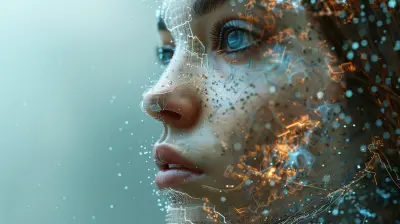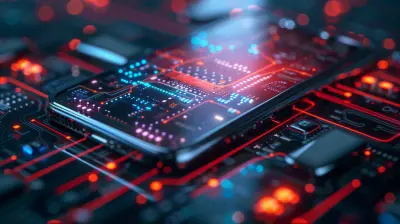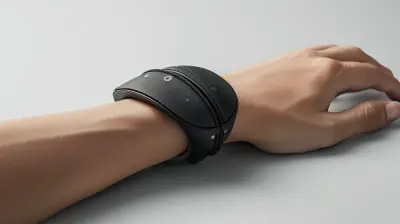AI, Ethics, and the Future of Human Creativity
16 October 2025
Artificial Intelligence. It's the phrase that sparks excitement in tech circles and a bit of unease everywhere else. As AI keeps evolving—and let’s be honest, it’s accelerating faster than a squirrel on espresso—it’s redefining what we thought only humans could do: create. But with this leap in machine intelligence comes a ton of ethical questions and a tug-of-war over creativity.
Will AI replace human artists, writers, musicians? Or will it become the ultimate creative buddy we never knew we needed? Let’s talk about where we’re headed, the ethical crossroads we’re standing on, and what it all means for the future of human imagination.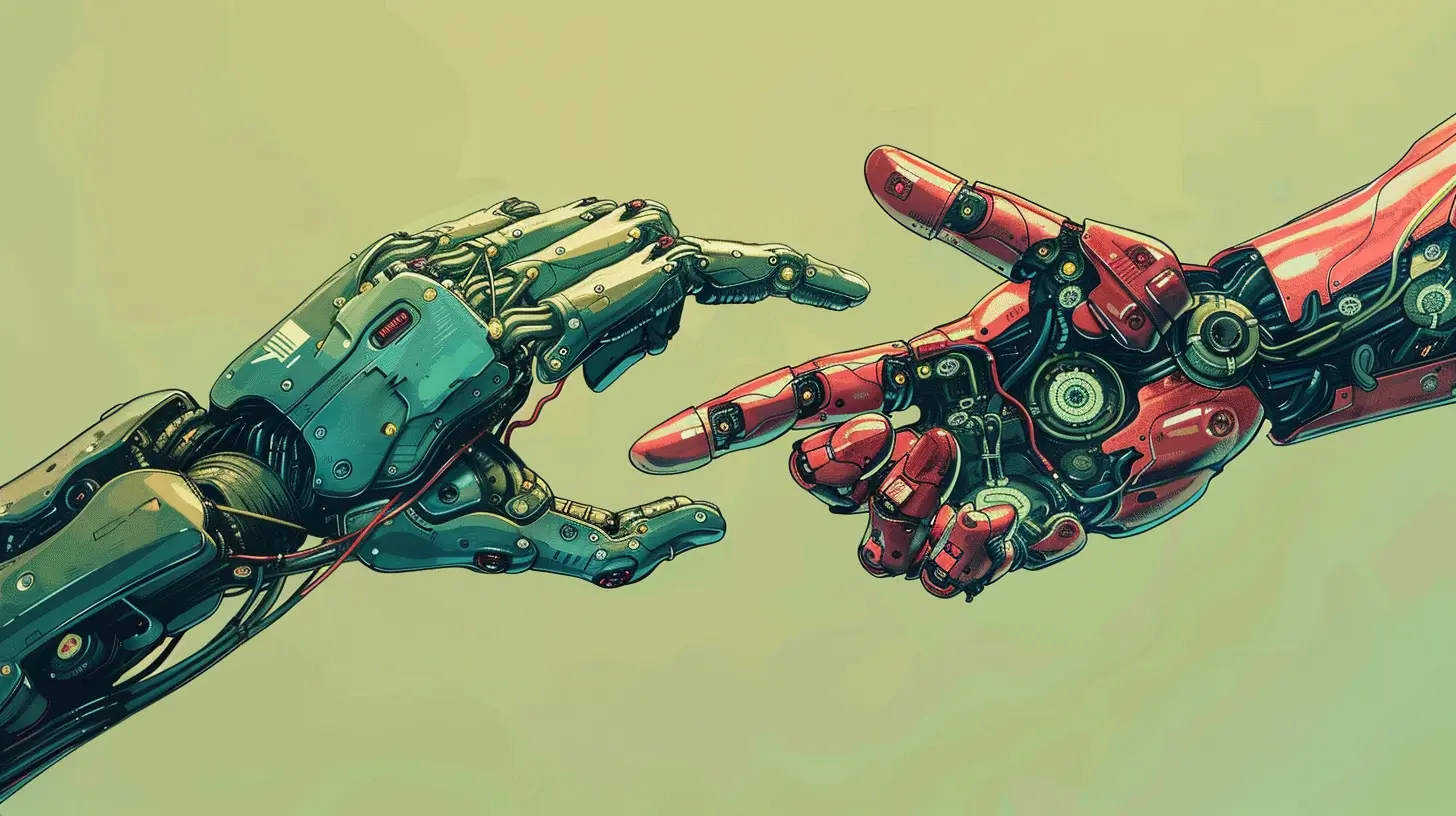
What Exactly Is Creativity—And Can AI Have It?
Before we jump into the deep end, let’s clear the shallow waters first: What do we even mean by "creativity"?Creativity is the magic sauce that takes facts, emotions, and experience and turns it into something new—a poem, a painting, a game-changing app. It’s messy, personal, and often unpredictable. So, can an AI do that?
Well, sort of.
AI can write symphonies, draw intricate artworks, and even code new software—all by analyzing massive data sets. But is that creativity, or just fancy mimicry?
Let me put it this way: AI is like a super-fast collage artist. It doesn’t dream up ideas out of thin air like a human might, but give it a thousand paintings and it'll mash them together into something that looks... new-ish. Impressive? Absolutely. Original? Not entirely.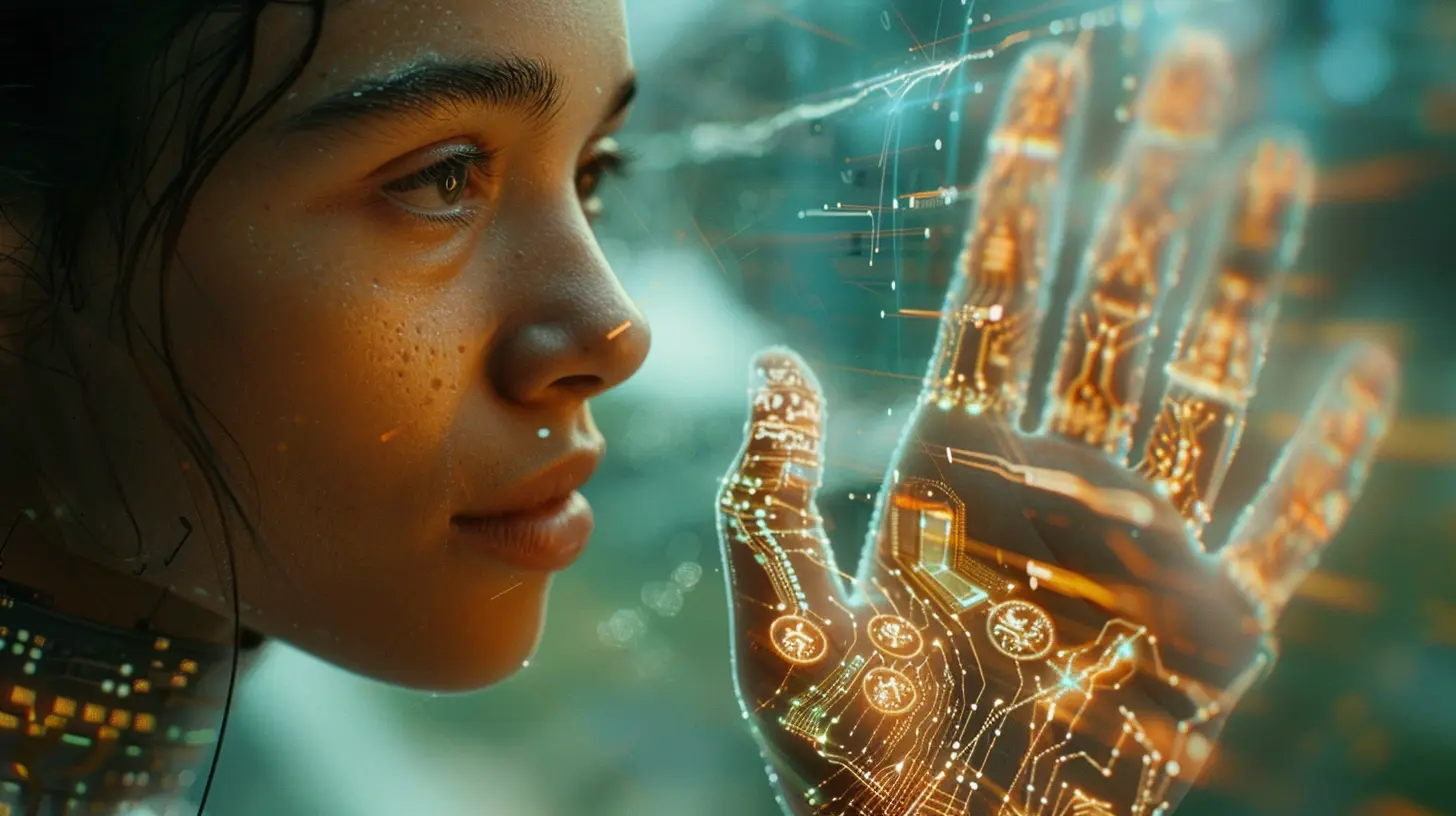
The Rise of Creative AI: Cool or Creepy?
We’ve seen AI deliver mind-blowing outputs:- Artwork in the style of Van Gogh (thanks, deep learning!)
- Lyrics that sound eerily like your favorite band
- Marketing copy you can barely tell wasn’t written by a human
But here’s the thing—does creative output by AI devalue human-made art?
Honestly, it depends.
See, AI’s creative burst can inspire humans. Writers use AI to beat writer's block. Designers use it to brainstorm faster. It's like having a hyper-intelligent sidekick who never sleeps and always has 100 ideas per second.
But when AI starts replacing human jobs in art, music, and writing... well, things get tricky. We’re not talking about just automation of factory work anymore. Creativity used to be our last safe space—our human fortress. That’s why this hits different.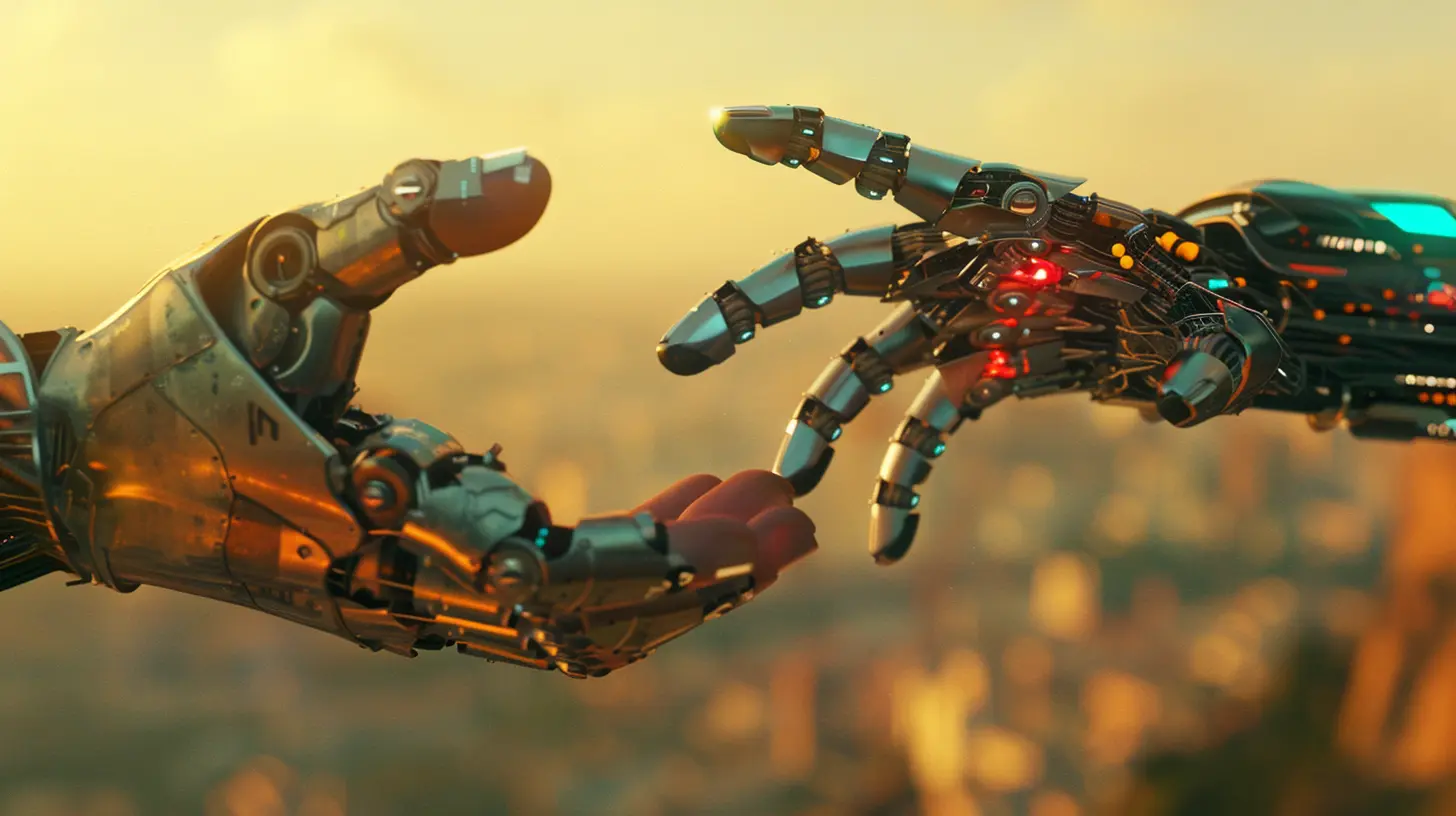
The Ethical Speed Bumps on the AI Highway
Let’s pump the brakes for a second. Because while AI’s capabilities are exciting, they’re also raising some serious ethical red flags.1. Who Owns AI-Generated Content?
Imagine this: an AI spits out a bestselling novel. Who gets the royalties? The coder? The AI's owner? What about the original authors whose work the AI was trained on?Yeah... it gets messy.
Without clear policies, creators could get the short end of the stick. We’re already seeing lawsuits from artists claiming AI copied their style without credit.
2. Deepfakes and Creative Misuse
AI doesn’t just create cute cat art. It can also fabricate videos, clone voices, and generate misleading content that looks legit.Think of a politician’s speech created entirely by AI—or worse, a synthetic video that goes viral before anyone can fact-check it. When creativity is weaponized, it’s not a fun episode of Black Mirror. It’s real life.
3. De-humanizing Human Work
If AI can create non-stop, 24/7, at a fraction of the cost, will we still value art made by actual people?Imagine a future where every movie, song, or blog post was churned out by an algorithm. Would you care that a real human didn’t write the lyrics to your favorite song?
If everything’s automated, we risk losing that human touch—the imperfections, the emotion, the story behind the art. And that’s what makes creativity truly powerful.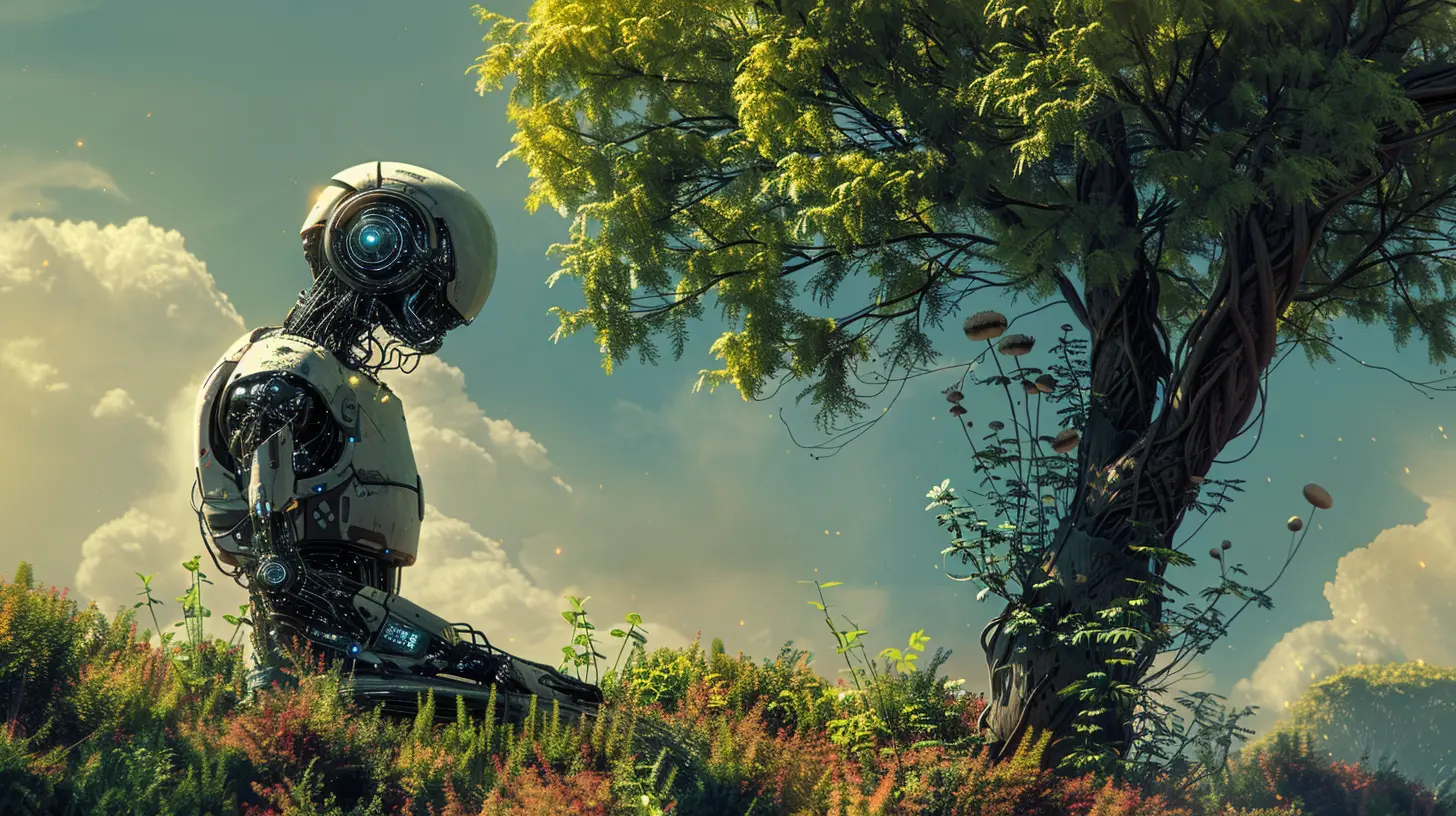
Can AI and Human Creativity Coexist?
Alright, enough doom and gloom. The future isn’t necessarily dystopian. AI isn’t here to kill creative jobs—it can also supercharge them.And here's the silver lining: AI can handle the boring stuff.
Writers can use AI to outline stories, summarize research, or suggest better phrases. Musicians can get help composing background tracks. It’s like having a digital intern who never complains.
In fact, some of the best work today is being created through human-AI collaborations. It’s not about man vs. machine—it’s about working together.
Picture a jazz band where the trombone player is AI. Weird? Maybe. But oddly harmonious.
The Creative Roles AI Can’t Replace (Yet)
Let’s give credit where it’s due—humans still have a creative edge.1. Emotion and Experience
AI can simulate emotion, but it doesn’t feel it. It doesn’t know heartbreak, loss, joy, or nostalgia. That’s why human poetry or storytelling still hits harder—because it’s real.2. Moral Judgment
Creativity often challenges norms, questions ethics, or pushes boundaries. AI doesn’t have a moral compass. It can’t truly understand why a painting that sparks controversy is important—it just sees pixels and patterns.3. Spontaneity
AI is great with patterns and predictions, but it’s terrible at being random on purpose. Humans can create something totally unexpected just because they feel like it. That wild spark? Purely human.Teaching AI to Be Ethical (And Creative)
If AI is going to share the creative stage, we need to train it—not just in facts and figures, but in ethics.AI developers are working on “ethical AI” frameworks. These include feeding AI with diverse data, avoiding bias, and setting boundaries on what it can and can’t do.
For example, some platforms ensure AI-generated content is tagged and traceable. Others are building systems to give credit to the original human creators whose works were used to train AI.
It’s not perfect yet, but it’s a start.
What Can You Do in the AI+Creativity Era?
Feeling overwhelmed? Don’t be. The good news is, there’s still plenty of space for human creativity to shine—even in this AI-crazed world.Here’s how you can stay ahead:
1. Embrace AI as a Tool, Not a Threat
Use AI to boost your creative workflow. Just don’t rely on it fully. Let it handle the drafts, but you bring the emotion, story, and soul.2. Keep Learning and Adapting
Stay curious. Explore how AI works so you can better control it and spot its limitations. The future belongs to creators who know how to harness both tech and talent.3. Protect Your Work
If you're a writer, artist, or musician, make sure your work is protected. Look into copyright tools, watermarking, or platforms that respect creator rights. We’ve got to fight for fair credit.So, What’s the Future Really Look Like?
Let’s fast-forward 10 years. Will AI be writing Oscar-winning screenplays or composing chart-topping hits with zero human input? Maybe. Will people stop caring whether something was made by a human or a machine? Unlikely.Authenticity still matters. The “why” behind a work of art often trumps the “how.”
What we’re looking at isn’t a war. It’s a remix. AI will shake things up, but human creativity isn't going anywhere. We’ll just have new instruments to play with.
Final Thoughts
The intersection of AI, ethics, and creativity is like standing at a crossroads with a jetpack. We can either fear the flight or learn to fly it well.Yes, AI changes the game. But the rules? They're still ours to write.
So let’s co-create, stay conscious, and keep the human in “human creativity.
all images in this post were generated using AI tools
Category:
Ai EthicsAuthor:

Ugo Coleman
Discussion
rate this article
1 comments
Valen McNulty
This article highlights the critical intersection of AI and ethics, emphasizing the need to navigate technological advancements responsibly to safeguard human creativity and ensure a harmonious future. Great read!
October 16, 2025 at 4:06 AM

Ugo Coleman
Thank you for your insightful comment! I'm glad you found the article relevant to such an important topic.
